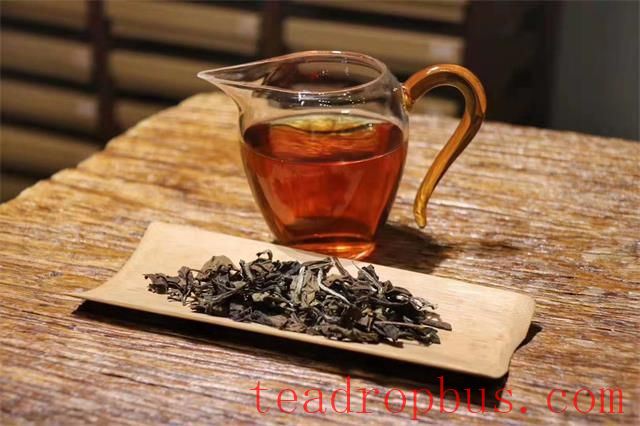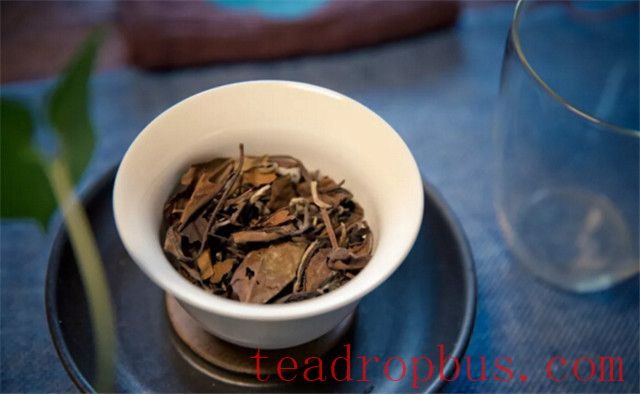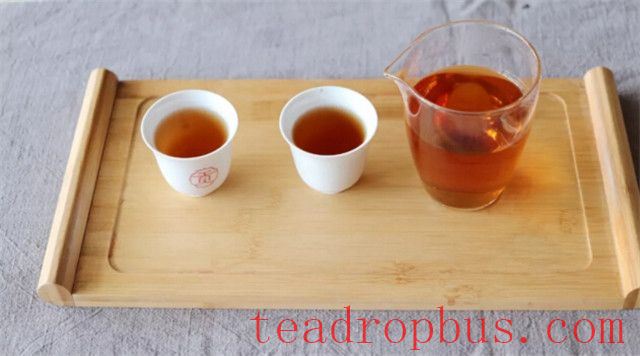There's nothing inherently wrong with drinking aged white Tea, but overindulgence can be detrimental. Excessive consumption of aged White Tea can easily deplete the body's vital essence, leading to loss of appetite and even prolonged vomiting. As a result, one might become “thinner than a faded Chrysanthemum.” Drinking aged white tea on an empty stomach can stimulate the gastric mucosa, and the tea will flow unimpeded into the kidneys, affecting overall health.

Side Effects of Long-Term Consumption of Aged White Tea
If men drink white tea for a long time, they may experience side effects such as insomnia, spleen and stomach deficiency, and heavy metal poisoning, detailed as follows:
1. Insomnia
White tea contains Caffeine, and long-term consumption can lead to excessive levels in the body, causing nervous excitement and ultimately insomnia.
2. Spleen and Stomach Deficiency
White tea has a slightly cool nature, and long-term consumption can damage the spleen and stomach, leading to spleen and stomach deficiency.

3. Heavy Metal Poisoning
Some white tea trees grow in poor environments, often exposed to industrial wastewater, which can leave residues of heavy metals like lead, nickel, and chromium on the leaves. Long-term consumption can lead to heavy metal poisoning.
However, moderate consumption of white tea can provide many benefits for men, such as enhancing cellular activity, promoting metabolic processes, and improving muscle tone.
White tea: One-Year Tea, Three-Year Medicine, Seven-Year Treasure.
“One-Year Tea” refers to new white tea from the current year. Since white tea is a minimally processed tea, its flavor in the first year is similar to that of Green Tea, with a cool nature. Its aroma is fresh and pure, with notes reminiscent of soy milk; the tea soup is light yellow and bright, with a sharp and refreshing taste like clear spring water or dew, and it generally has a mild and somewhat bland flavor.

“Three-Year Medicine” refers to white tea stored for three to four years, during which its nature subtly changes. Properly stored, after two to three years, the internal components of the tea begin to transform. The green color fades, and the tea soup deepens, changing from a light yellow to a apricot or orange hue. The flavor becomes sweet and fragrant, often described as “honey-like,” and three- to four-year-old white teas often develop a “lotus leaf” aroma. The aroma becomes richer, and the taste becomes smoother and more mellow, entering the mouth smoothly. The tea's nature also gradually shifts from cool to neutral. At this point, the white tea serves both as a beverage and a medicine, making it suitable for collection.
“Seven-Year Treasure” refers to white tea that has been stored for five to seven years. This is considered aged white tea. By this time, the tea has a sweet and fragrant aroma, and if you sniff carefully, you can detect an aged scent. Over time, it may develop a jujube fragrance and eventually a pleasant “medicinal” aroma. Good aged white tea has an amber-colored, bright, and glossy soup. The taste becomes rich and full-bodied, entering the mouth more smoothly, and sweetness and viscosity gradually increase.